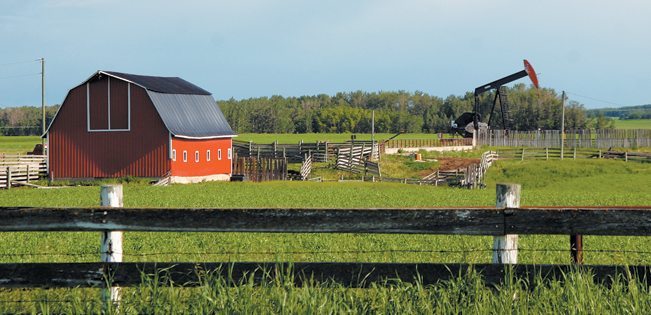Saskatchewan cities are running short of available housing for their new residents. I guess there are obstacles with any economic boom.
The good thing is that people are moving here: more people working, more development, more taxes being paid. The province and its residents are prospering. But where can they all live? Houses don’t build themselves overnight.
It’s about time municipal governments look at right-of entry legislation to deal with this problem.
Right-of-entry legislation allows governments to grant a third party access to private property.
Read Also

High prices see cow-calf producers rushing to incorporate
Farm accountants are reporting a steady stream of cow-calf producers rushing to get their operations incorporated ahead of selling their calves this fall.
There are many large homes in our cities that are occupied by fewer than four people. There is huge potential for development of basement suites in these homes that could be used as rental properties, but it isn’t being done.
With right-of entry legislation, a rental company could apply to the government to “access” these homes for the purpose of developing the basements as rental units. The cost of development would, of course, be born by the developer.
The homeowners would be fairly compensated by way of a one-time payment.
This payment would be substantial enough to compensate the homeowner for the duration of the rental use, regardless of the duration.
There would also be regulations in place that would ensure the safety of the homeowners and their property.
The homeowners wouldn’t lose title to their property.
Instead, the rental company would simply have an easement that grants them access.
At the end of the life of the easement, the rental company would again apply to the government before it could abandon the premises to ensure that the house is returned as closely as possible to its pre-rental condition.
Once approved by the government, the easement would be released from the title and the rental company released from its commitments.
The government couldn’t grant approvals and easement releases haphazardly.
There would be a process in place in which the applicants would submit their plans to an impartial government-appointed board. This board would create a hearing for each application.
The affected homeowners would have the opportunity to participate in these hearings if they have concerns about the project. The board would hear from all stakeholders and make a decision.
In all likelihood, there wouldn’t be too many applications for right-of-entry. The mere existence of this legislation would encourage homeowners to develop their homes themselves or negotiate with developers before right-of-entry applications are made.
In the end, more housing would be made available, helping to bring more working people to the province. This would help grow the economy, and a strong economy benefits everyone. Right?
Does all of this seem ridiculous to you? It does to me, too.
So why doesn’t everyone think it is ridiculous when the homeowners are farmers and the developers are multibillion-dollar pipeline companies?
Right-of-entry legislation does exist in rural Canada and it strips rural landowners of their private property rights.
Stephanie Fradette is a rancher near Lake Alma, Sask.















